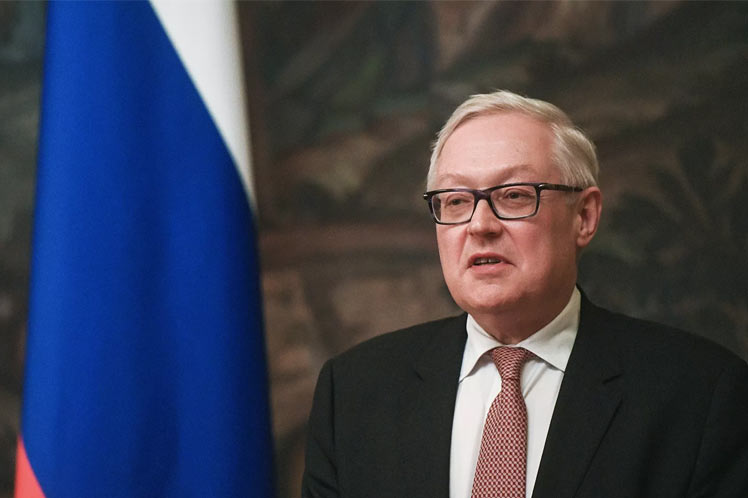Riyabkov said he would not like to talk about a nuclear confrontation in the Korean peninsula, as efforts of all those deeply involved should be focused on avoiding it, Sputnik news agency reported.
According to Riyabkov, in order to solve a great number of issues in the subregion including the nuclear one, a peacekeeping system should be created on the basis of principles of equality and escalation, which would provide guarantees to all parties.
The Russian deputy foreign minister also stated that his country is ready for talks and open to constructive contacts with all interested parties on the basis of joint initiatives with China, a road map and an action plan for a comprehensive settlement of problems in the Korean peninsula.
On the issue of the hypothetical recognition of the DPRK’s nuclear status, I would like to confirm that Russia is fully committed to the Nuclear Non-Proliferation Treaty (NPT).
The NPT, in force since 1970, only allows the United States, the United Kingdom, France, China and Russia (replacing the Soviet Union) to possess nuclear weapons and bans them from transferring nuclear weapons or control over them to any other nation.
The agreement clauses also prohibit these five nations from assisting non-nuclear-weapon states, whether or not they are parties to the Treaty, to manufacture, acquire or have control over weapons and devices of mass destruction, while the latter undertake not to develop them.
pll/ro/gfa










